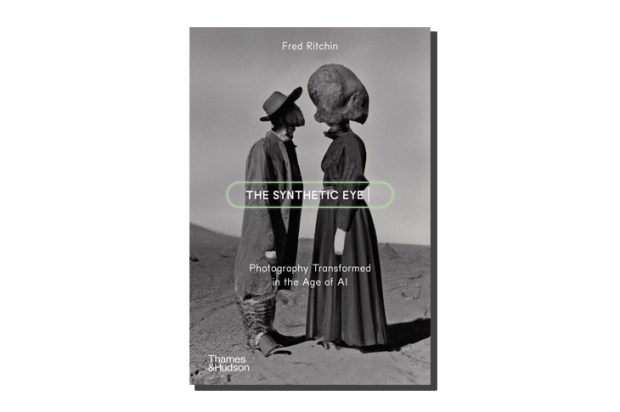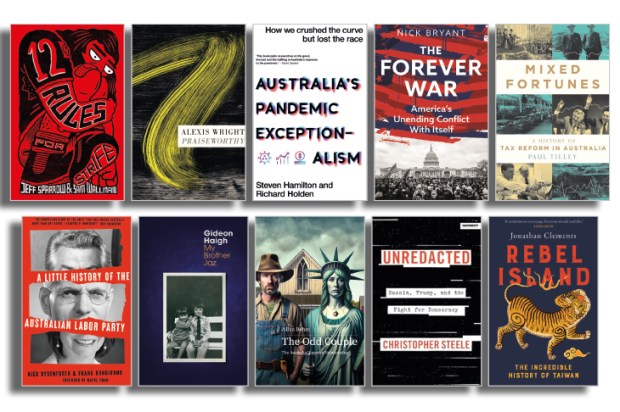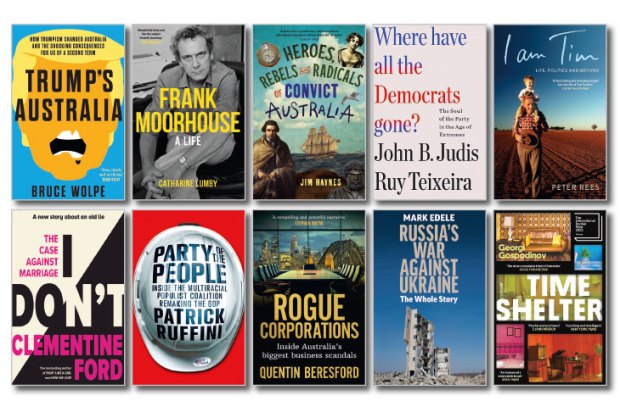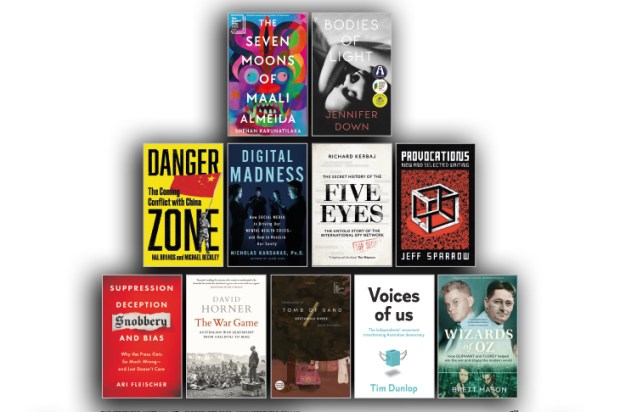It was veteran journalist Zito who said in her 2018 book The Great Revolt: Inside the Populist Coalition Reshaping American Politics that Trump’s supporters took him seriously but not literally, while his opponents did the opposite. This duality comes up again in Butler, not only as a framework for examining the assassination attempt on Trump but as a means of understanding his impact on the culture of the US. Love him or loathe him, Trump’s role as an agent of change cannot be ignored.
Zito is not one of those ivory-tower talking heads that plague political analysis in the American media. She was, remarkably, only about a metre away from Trump when the bullets began to fly. Even more, as a West Pennsylvania native she is willing to talk to – and listen to – ordinary people, as well as adding security specialists and members of the Trump inner circle to the mix. She has been a close observer of Trump for many years, and he has reciprocated with his time, attention and respect. They had planned to conduct an interview after the rally, and he called her to apologise that it did not take place and to ensure she had not been harmed. Zito believes that Trump was entirely genuine about this, and was truly concerned about the people who were injured and the family of the man who was killed.
She walks through the mechanics of the near-fatal attempt, marvelling at the unlikely sequence of coincidences that allowed Trump to dodge the bullet. But her focus is more on the broader impact of the event. Many of his fervent supporters concluded that there had been a touch of divine intervention – including this magazine and its cover the following week – and Trump told Zito: ‘I cannot dismiss that God has been with me.’ One way or another, the assassination attempt left a mark on him – how could it not? – and gave him a sense of purpose that he previously lacked. ‘You can see the difference between the first six months of 2017 and the first six months of 2025,’ says Zito. ‘Do I think he’s going to be someone that goes to mass every Sunday? No. Do I think God is ever present in his mind? Absolutely.’
The activists of the far left were quick to respond to the assassination attempt. One faction immediately declared that the whole thing was staged so Trump could win sympathy. Another group lamented that the gunman had missed. Unfortunately for them, Thomas Crooks was a figure too shadowy and confused to be portrayed as a Mangione-style heroic martyr.
How, wonders Zito, did American society get to this level of polarisation, so that a significant part of the population would advocate murder as a legitimate tactic against their enemy? There has always been a strong strain of us-versus-them extremism in US politics but the level of hatred directed at Trump is a new phenomenon. Some of it is simple snobbery, the view that Trump is too uncouth to be the leader of the country. Other leftists say that they oppose him on policy grounds but that does not explain the prevalence of Trump Derangement Syndrome. There is also a class element, with Trump supporters seen as uppity hicks. All of these answers are plausible but none seem complete. Maybe that will be revealed with more time and perspective.
Zito is on firmer ground in analysing why support for Trump runs so deep. Many of the people in Pennsylvania and other hinterland states feel not only forgotten by the coastal elites but actively despised by them. Biden’s quip about Trump supporters being ‘garbage’ struck a painful, personal chord. Biden and Harris did not visit the site of the train disaster in East Palestine, not far from Butler, for a year. Trump went there soon after the accident. He might be a billionaire but he knows how to speak to people who are used to being ignored.
Zito believes that Trump’s rise presages a fundamental realignment in American politics and society, although she adds the caveat that it might be too early to know for sure. She describes a dichotomy between the ‘placed’, who value roots, family and community, and the ‘placeless’, who value their credentials, income, and are essentially nomads. It is an interesting, useful way of looking at the dividing lines.
To the ‘placed’, Trump’s shout of ‘Fight, fight, fight!’ while he was still bleeding was packed with positive meaning. It was not, as some of Trump’s virulent detractors claimed, a call for violent insurrection. Instead, according to Zito, it was a call to his supporters for resilience, courage, and a belief in themselves.
Although it is based on an act of violence, Butler is an entertaining read, and Zito provides a wealth of informative interviews and anecdotes. There are more than a few journalists who could take some lessons from the depth of her research and the sharpness of her writing. Trump’s enemies will dismiss the book as hagiographic Maga propaganda and might even be frightened by the notion that Trump believes that the Lord is on his side. They heaped scorn on Trump’s campaign stunts, such as his stint at McDonald’s and his drive in a garbage truck, as hopelessly crass. To his supporters, this is where they live. Most of the punditocracy was stunned when Trump swept the swing states in 2024. Zito was not. Butler, and Butler, explains why.
Got something to add? Join the discussion and comment below.
You might disagree with half of it, but you’ll enjoy reading all of it. Try your first month for free, then just $2 a week for the remainder of your first year.













